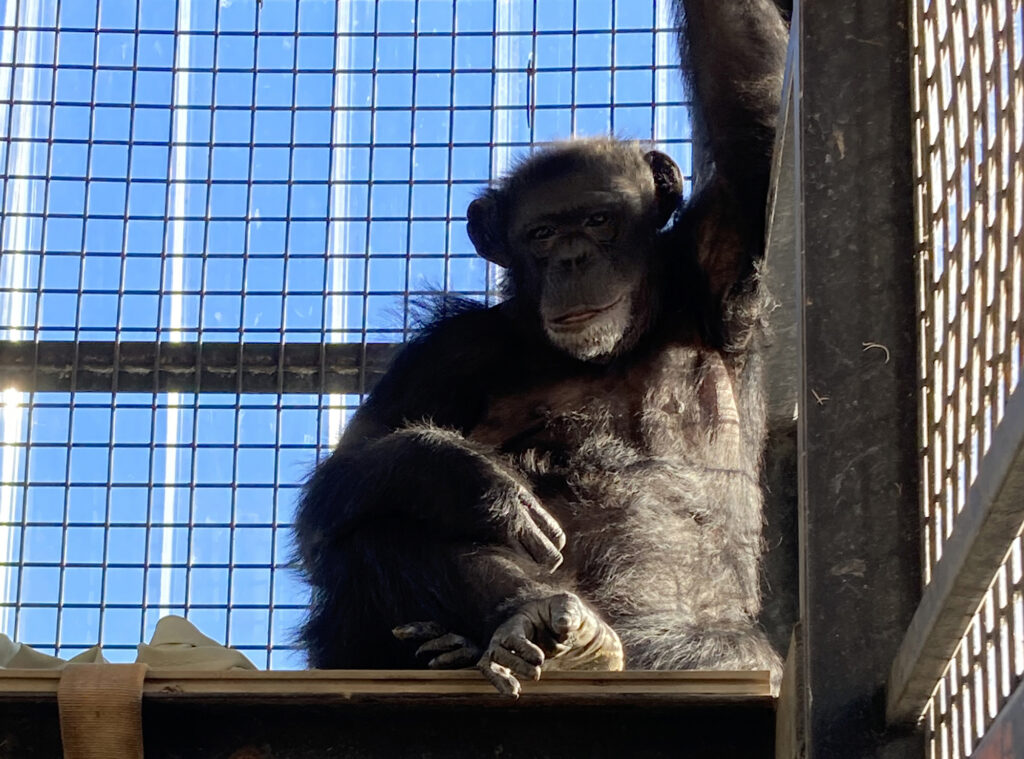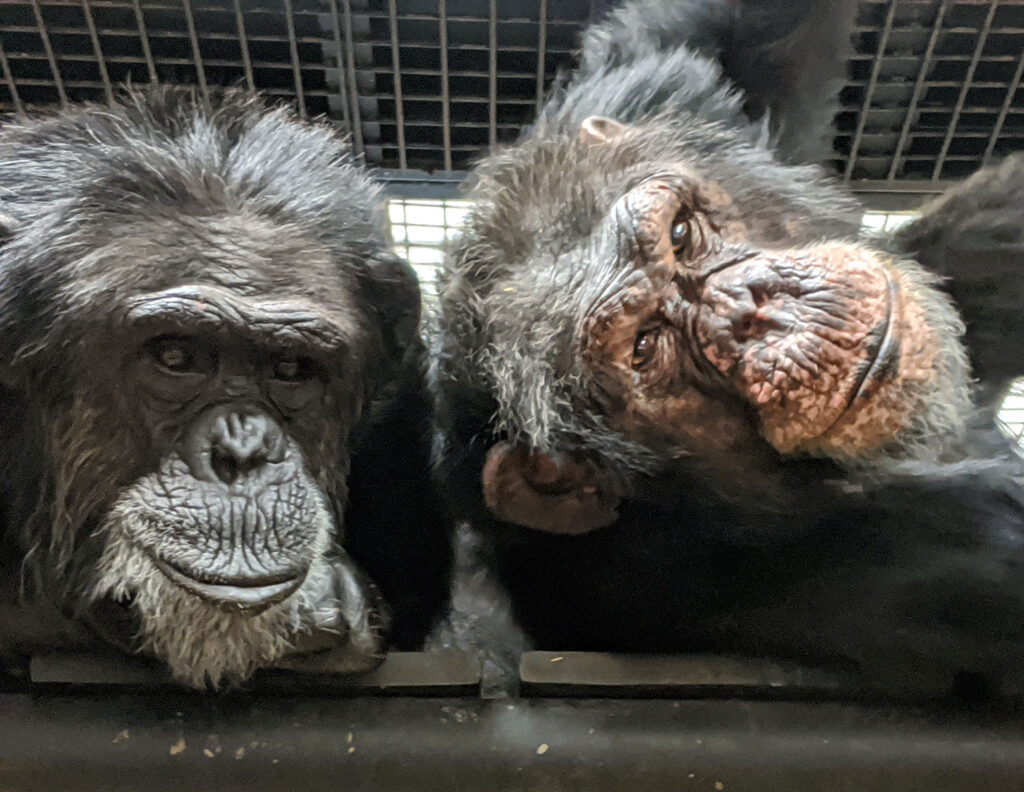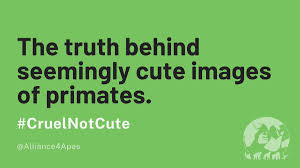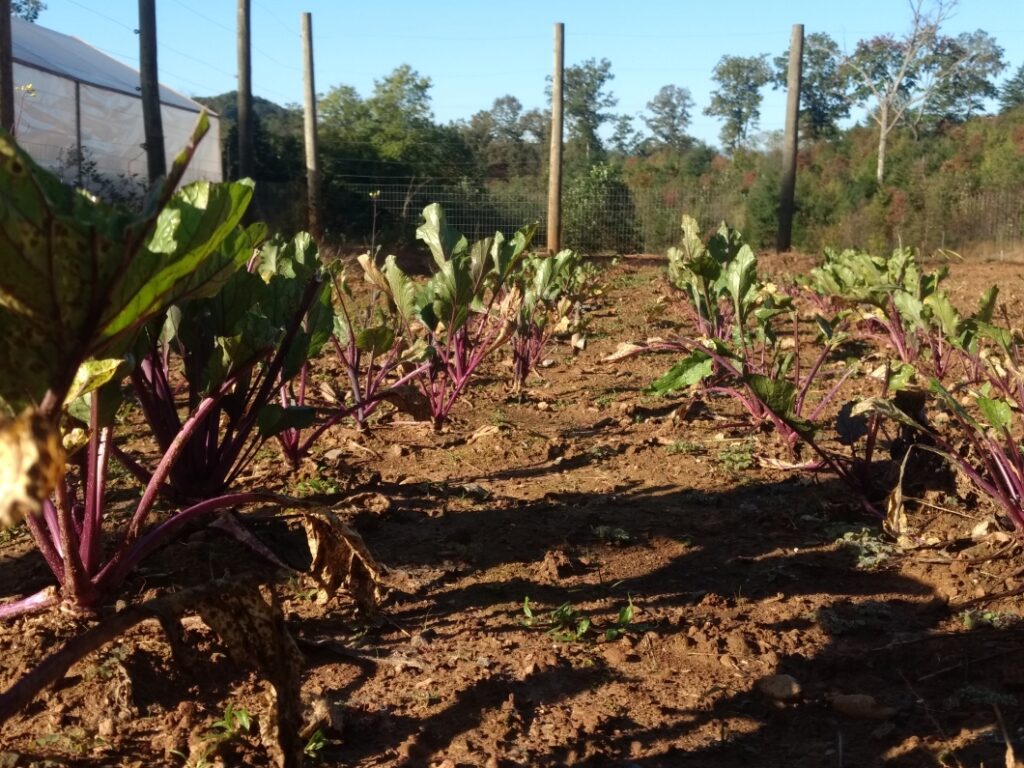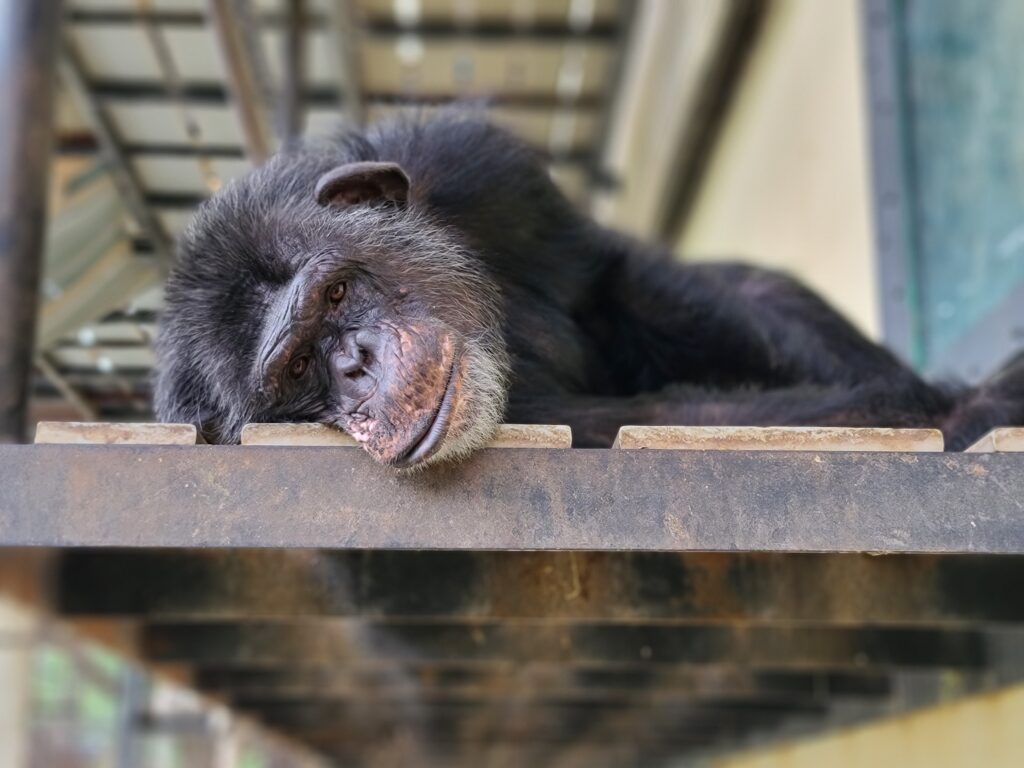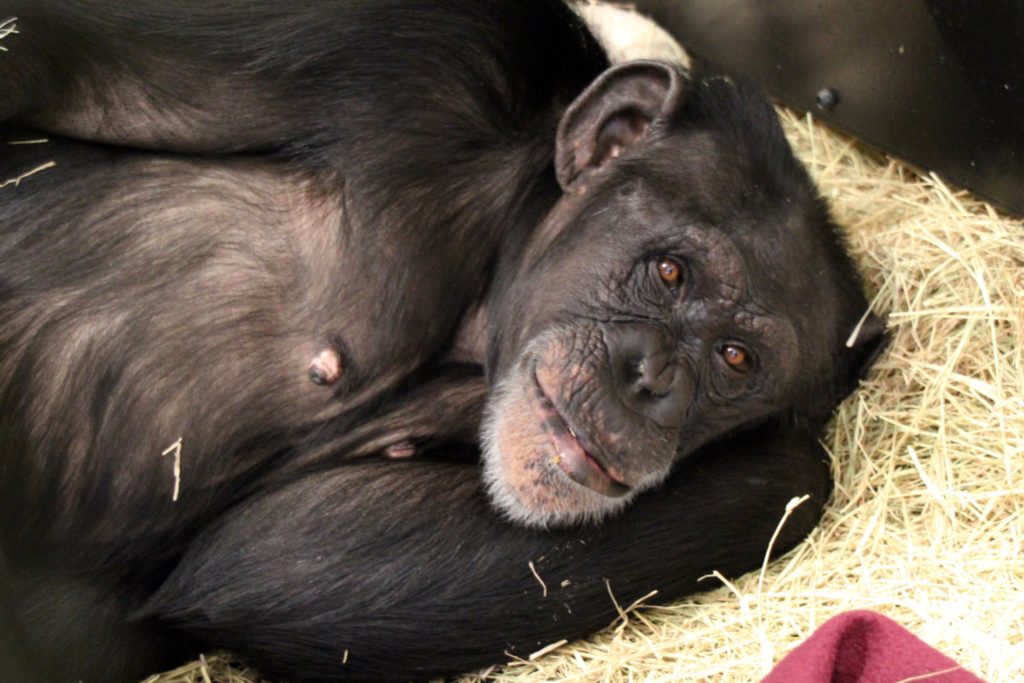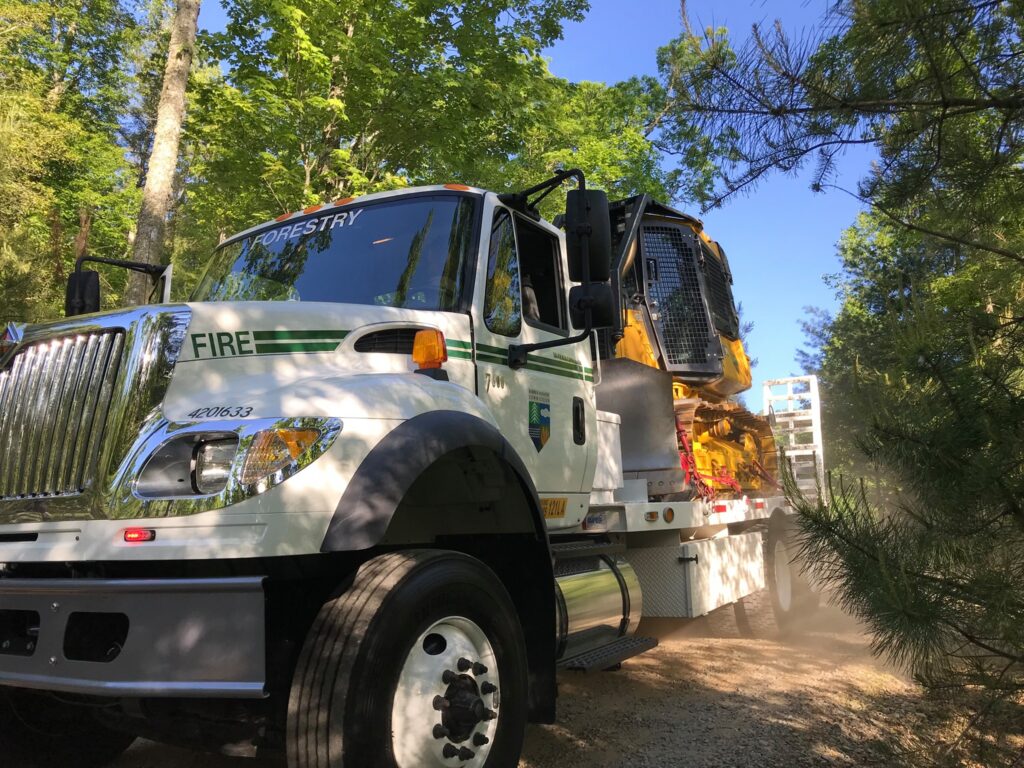Blog Post
Winterizing a Villa
By Amber Camacho Winter is officially here and the staff have winterized the chimps’ villas to be ready for Old Man Winter to come knocking. It Takes a Villa I had the opportunity to be a small help with creating our new winterization material, as we test the chimp-durability of a high-grade marine plastic in…
Read MoreChimp Play as a Diplomatic Tool: Neal Teaches Kirk
Neal uses chimp play as a tool to derail conflict and calm situations. He inserts play into disagreements, which diffuses such high-tension moments. His playfulness importantly serves to distract chimps from their arguing.
Read MoreThe Impact of Chimps in Entertainment
Our recent interviews with Erika Fleury of NAPSA and Dr. Stephen Ross from Project ChimpCARE taught us how inappropriate portrayal of chimps in entertainment can have big consequences for how the public views chimpanzees.
Read MoreProject Chimps Transports Chimps in Need
Erika Fleury of NAPSA (North American Primate Sanctuary Alliance) sat down with us to talk about how Project Chimps helped NAPSA to transport some chimps in need of emergency relocation to their new homes. She also talked about how you can help other chimps still awaiting their lifelong homes.
Read MoreProject Harvest Fall Garden
With the crisp air and falling leaves, it’s clearly fall around here. Bundled up in our Project Chimps hoodies and clump-clumping along in our boots, we trek out to water the babies. I don’t mean the chimps but our well cared-for seedlings in Project Harvest (and sometimes the bees too) in the fall garden.
Read MoreHealth Update: Armond (November 2021)
With a case such as Armond’s, there is little we can do to reverse those decades he spent in a confined space. Despite having access to decent size enclosures at the New Iberia lab for the years leading up to his retirement to the Blue Ridge Mountains, and despite now having access to multi-story villa and multi-acre yard.
Read MoreQuite an Earful
Of all the abnormal behaviors that chimps perform, Genesis certainly has an interesting one. She loves to put things in her ears. She even jumps up and down to make the objects move around inside. She’s quite an earful!
Read MoreGirl Scouts Advocate for Chimps
Meet the Girl Scouts of troop 15543. They took a tour of Project Chimps in August. They are doing their Silver Award project, the highest award a Cadette can earn, at Project Chimps. The scouts are also using what they learned on their tour to advocate for chimps. How are they doing that? Read on to find out!
Read MoreProject Chimps Supports Chimp SAFE
Meet Dr. Tina Cloutier Barbour, director of Chimp SAFE. We talked to her about how Project Chimps is working to help Chimp SAFE conserve wild chimpanzees and protect them from extinction. Interested in learning how you can help chimps?
Read MoreWildfire Prepardness
Where there’s smoke, there’s fire… and we have a plan for what to do in the case of one! Emergency preparedness can save human lives, structures, and of course, the chimpanzees at Project Chimps. Are you prepared in case of an emergency?
Read More
